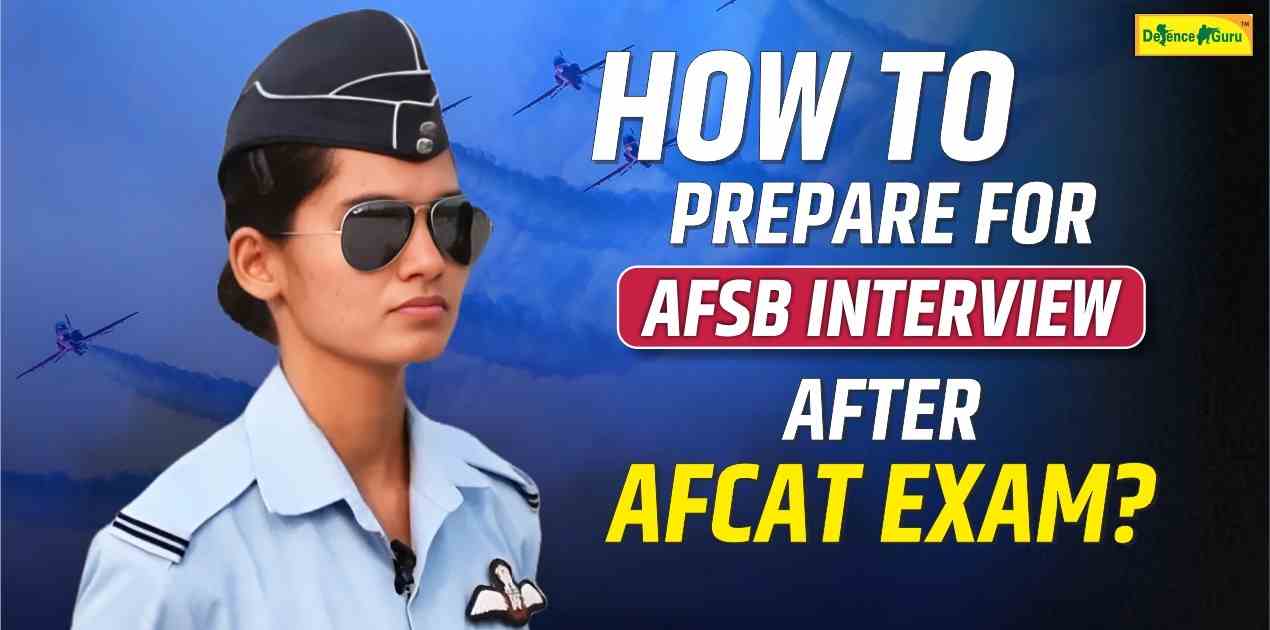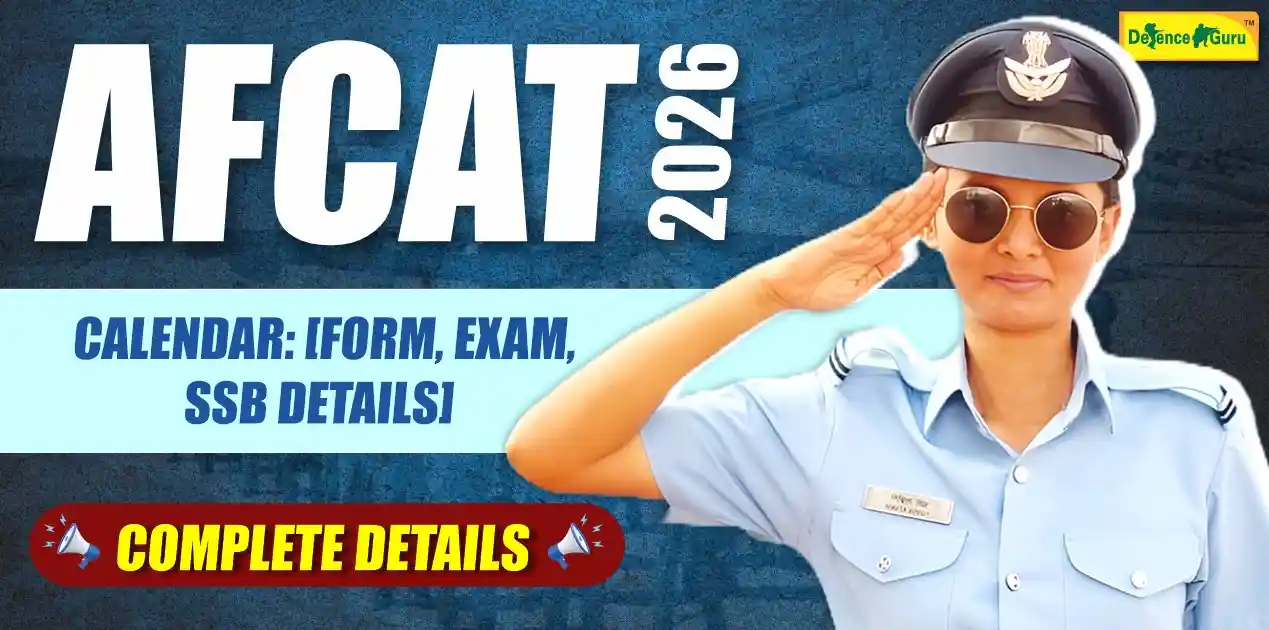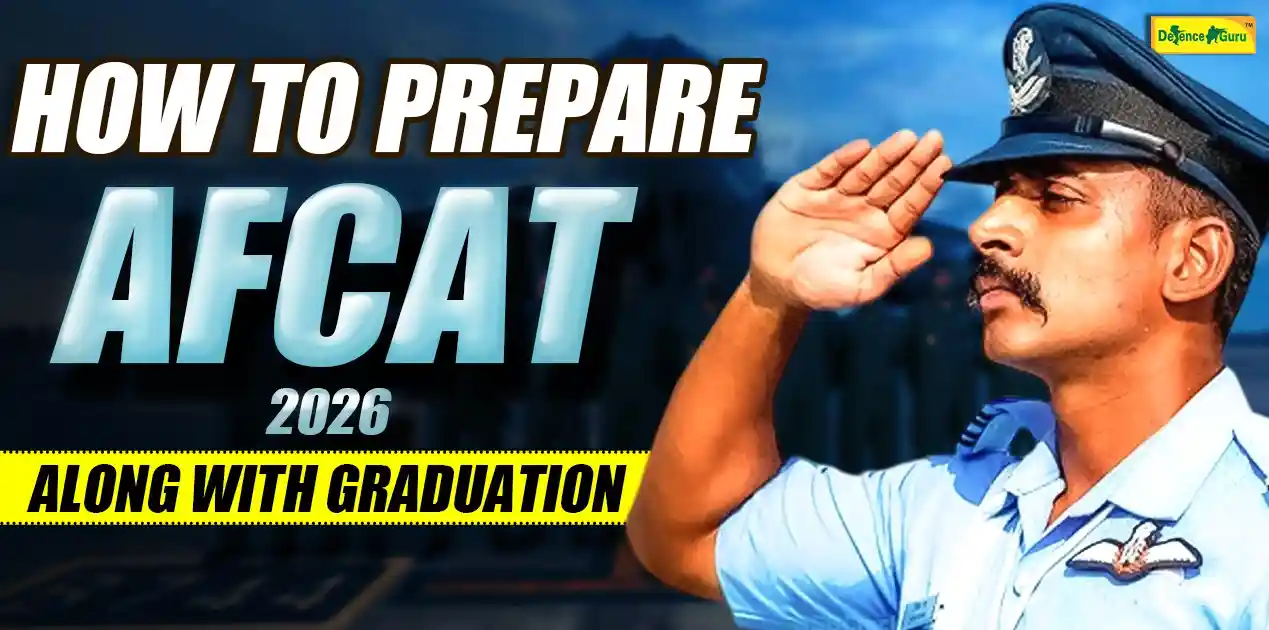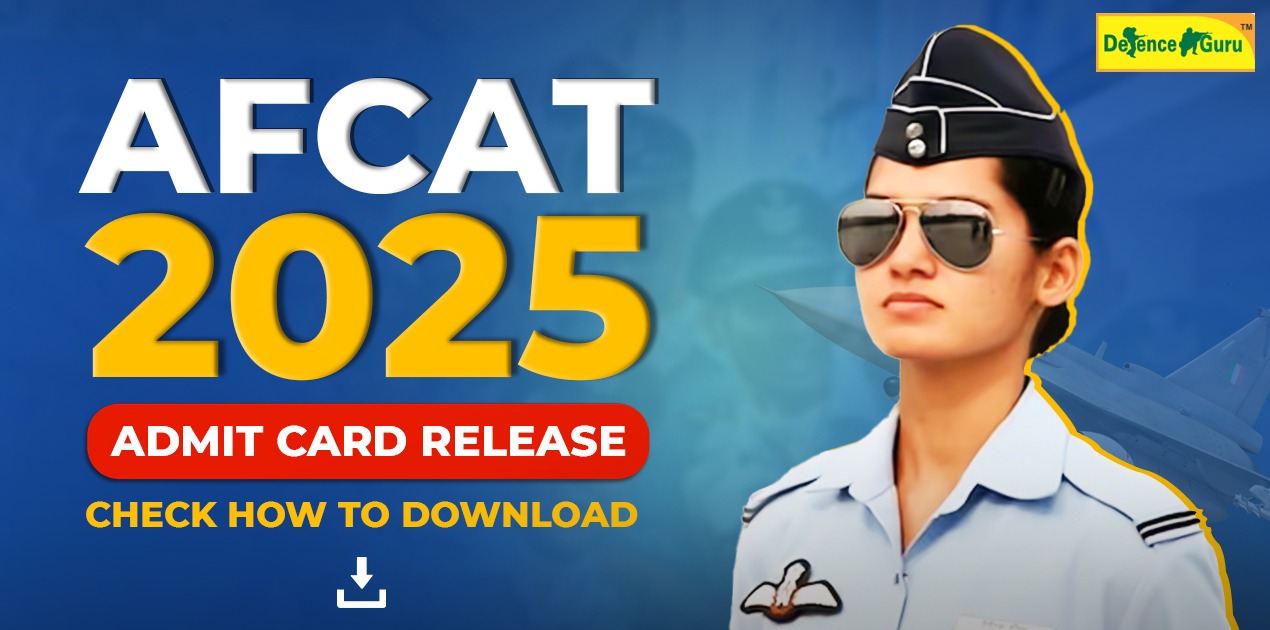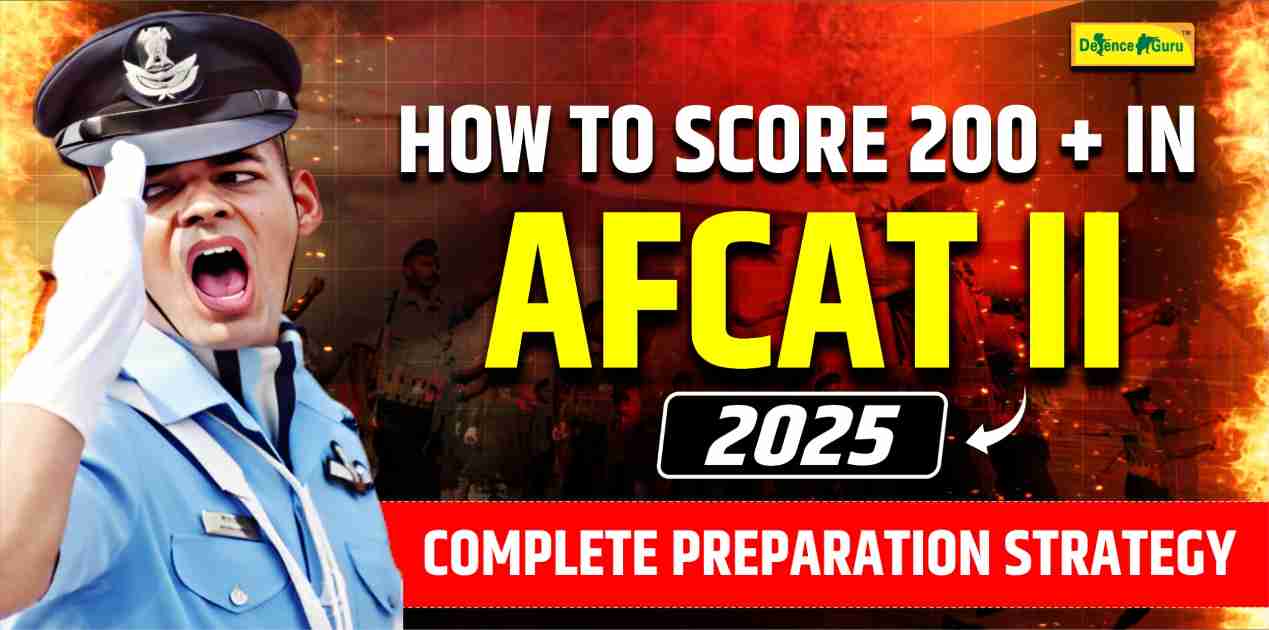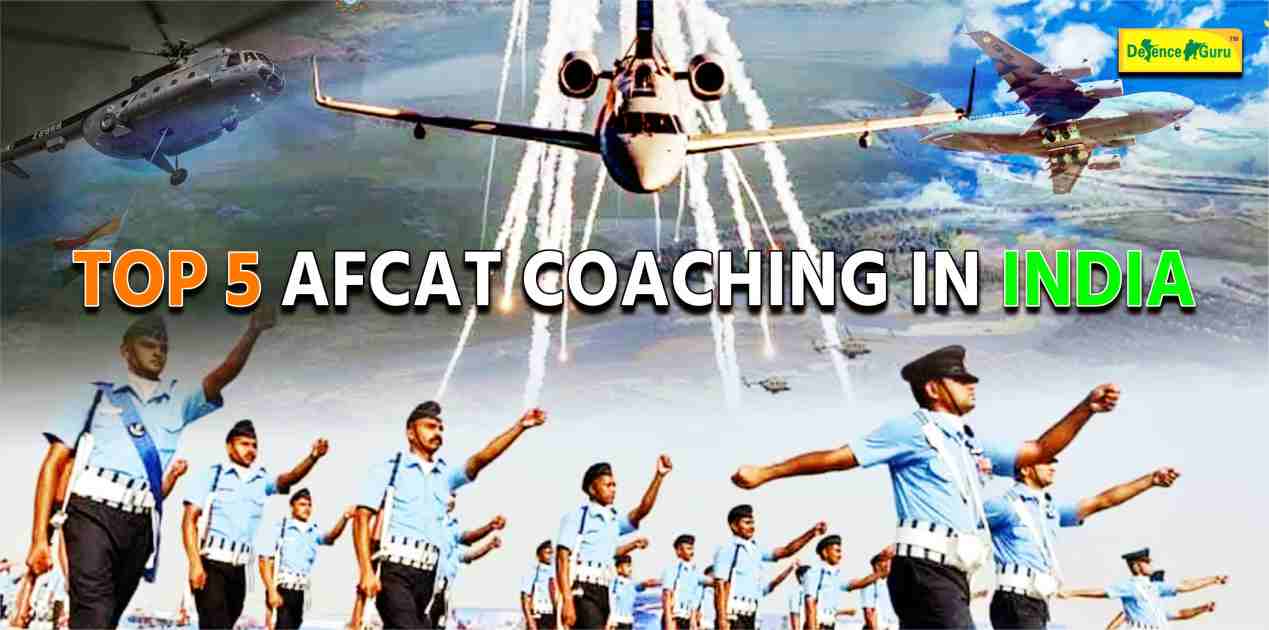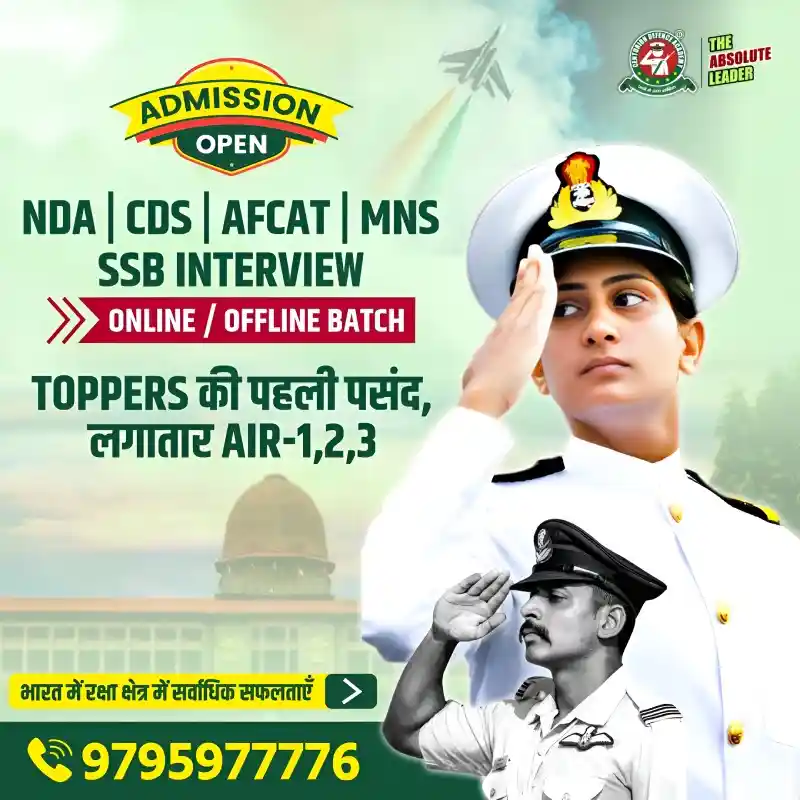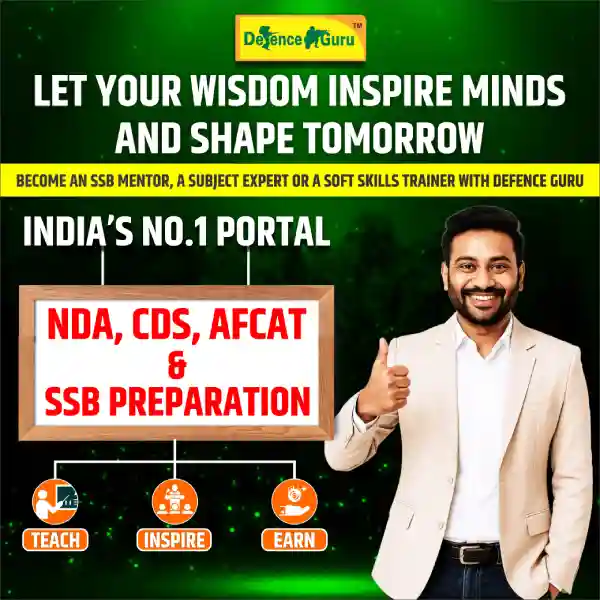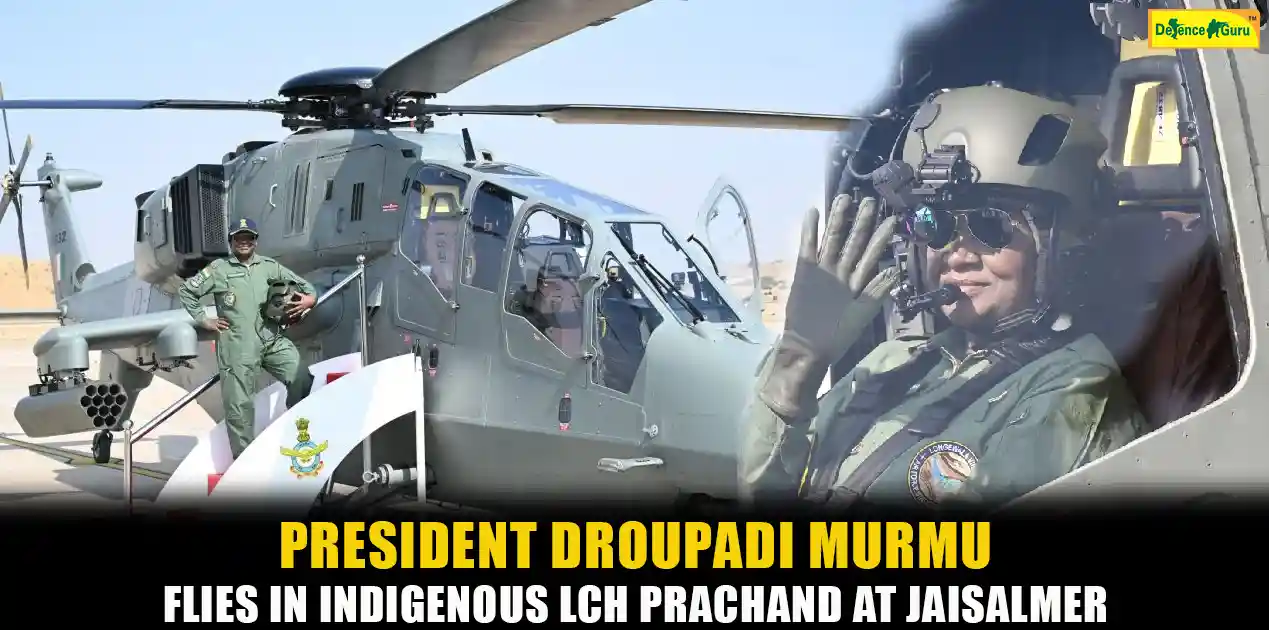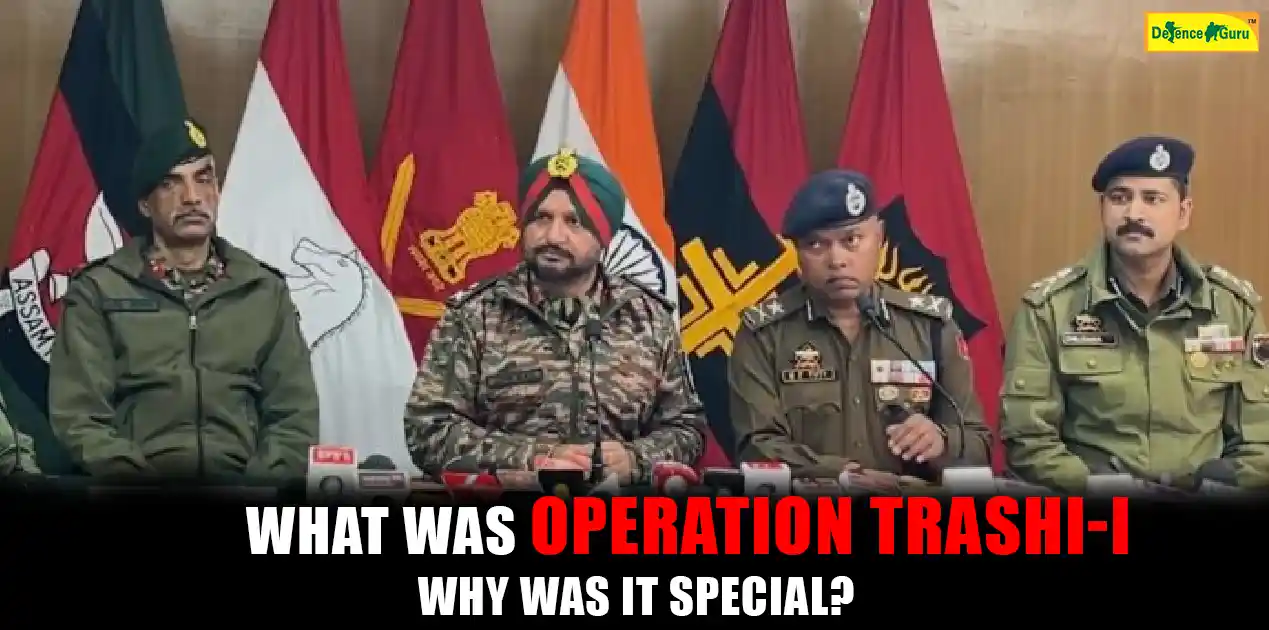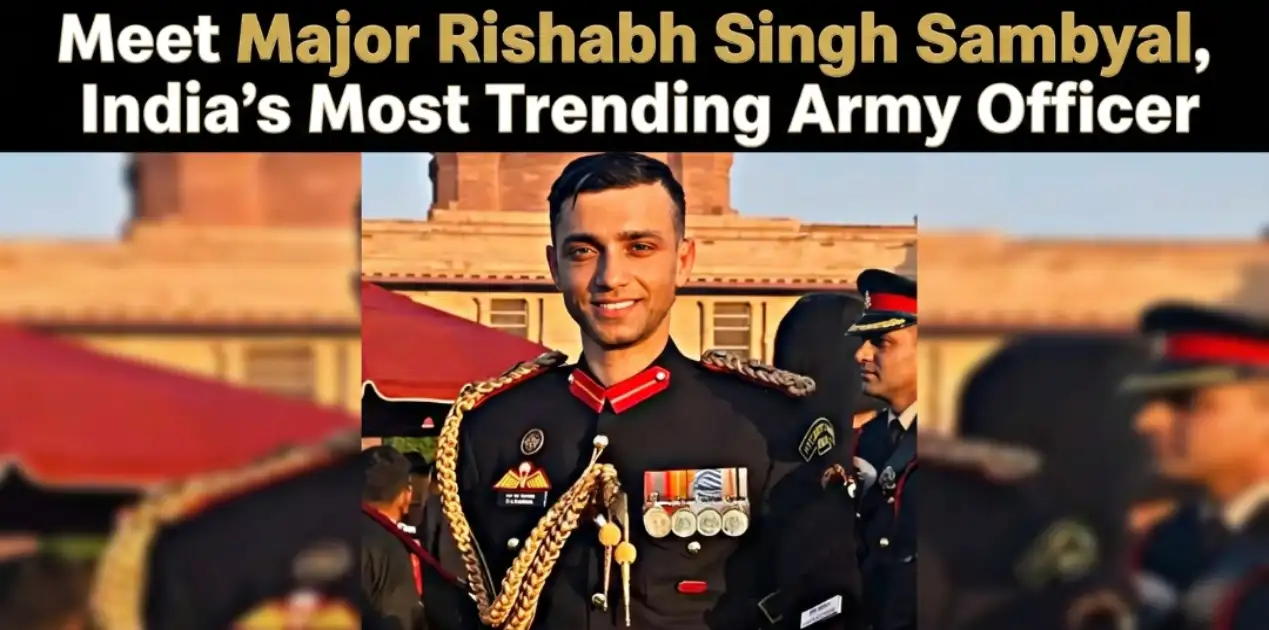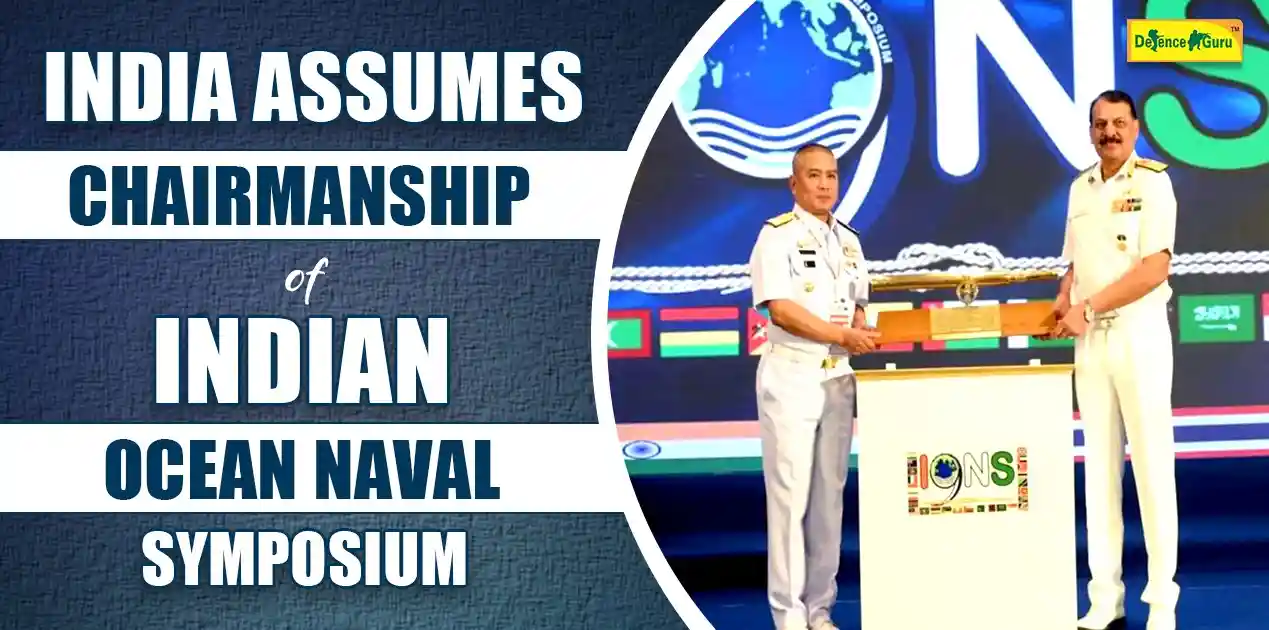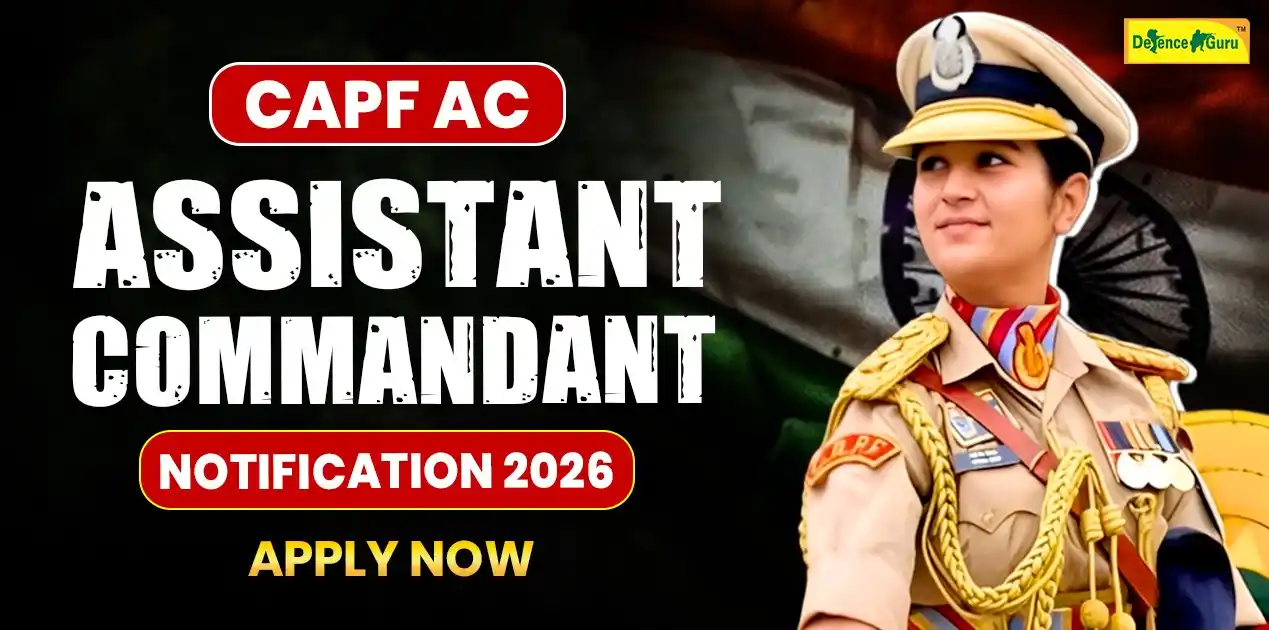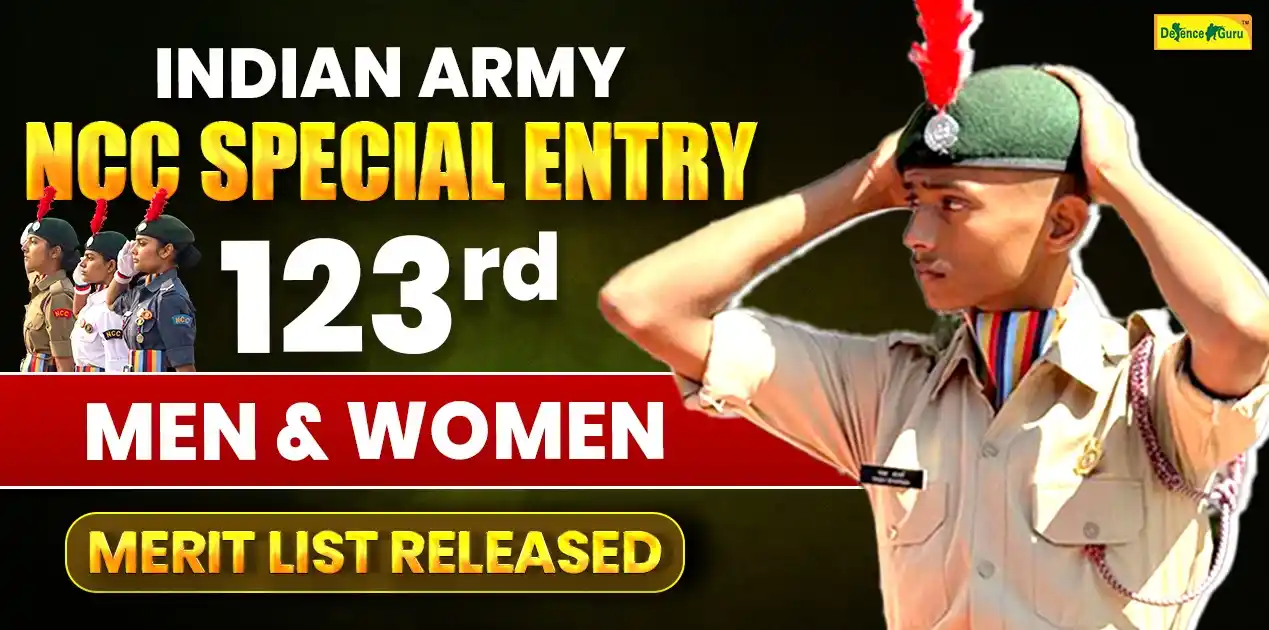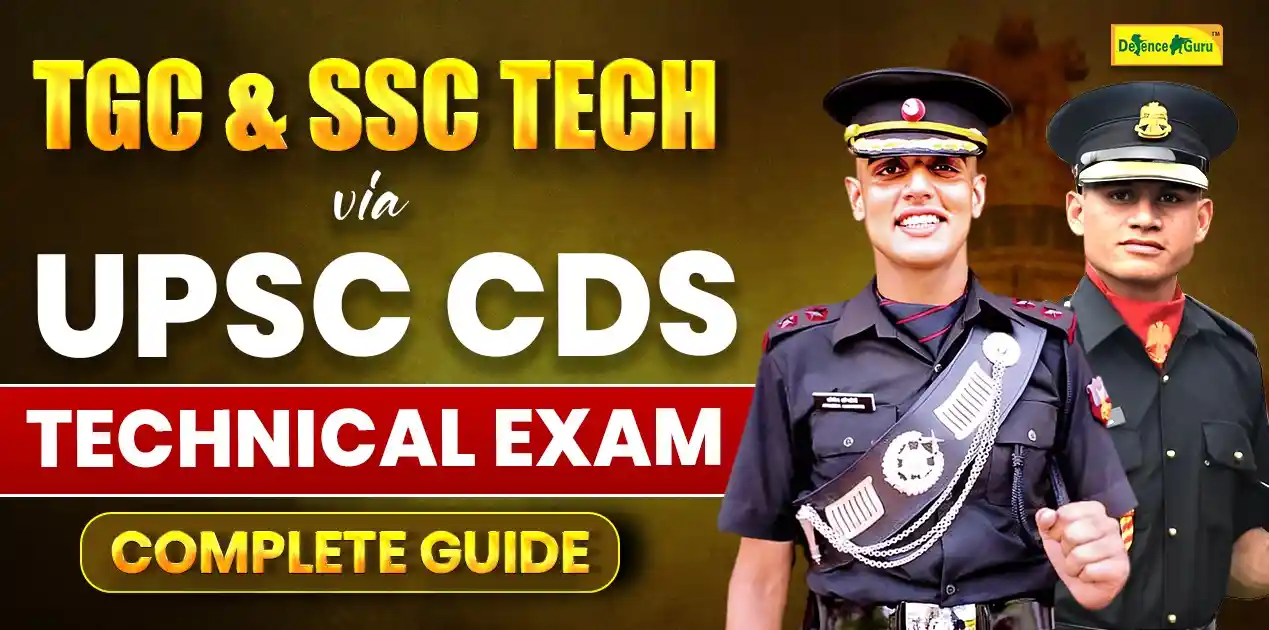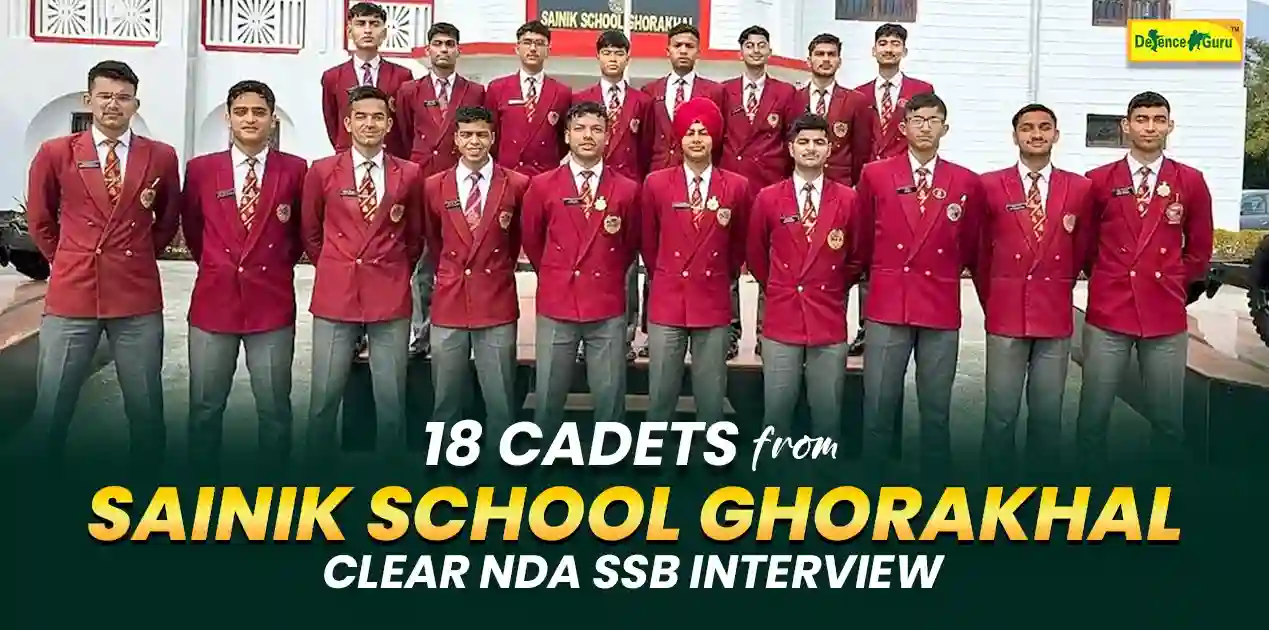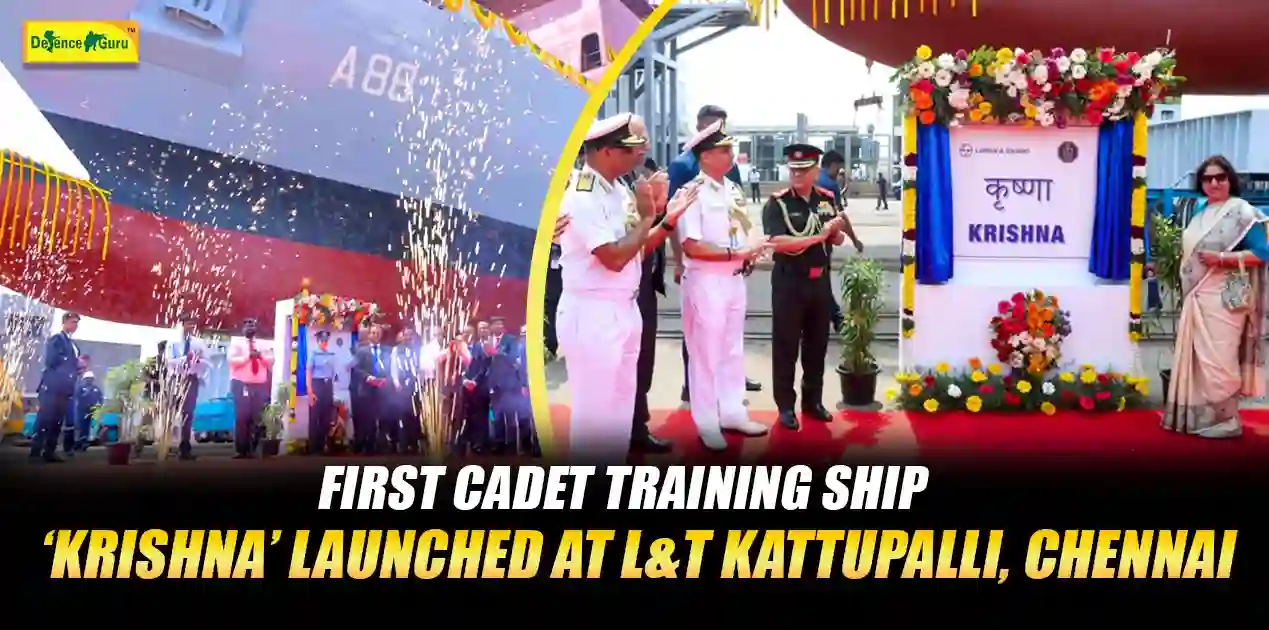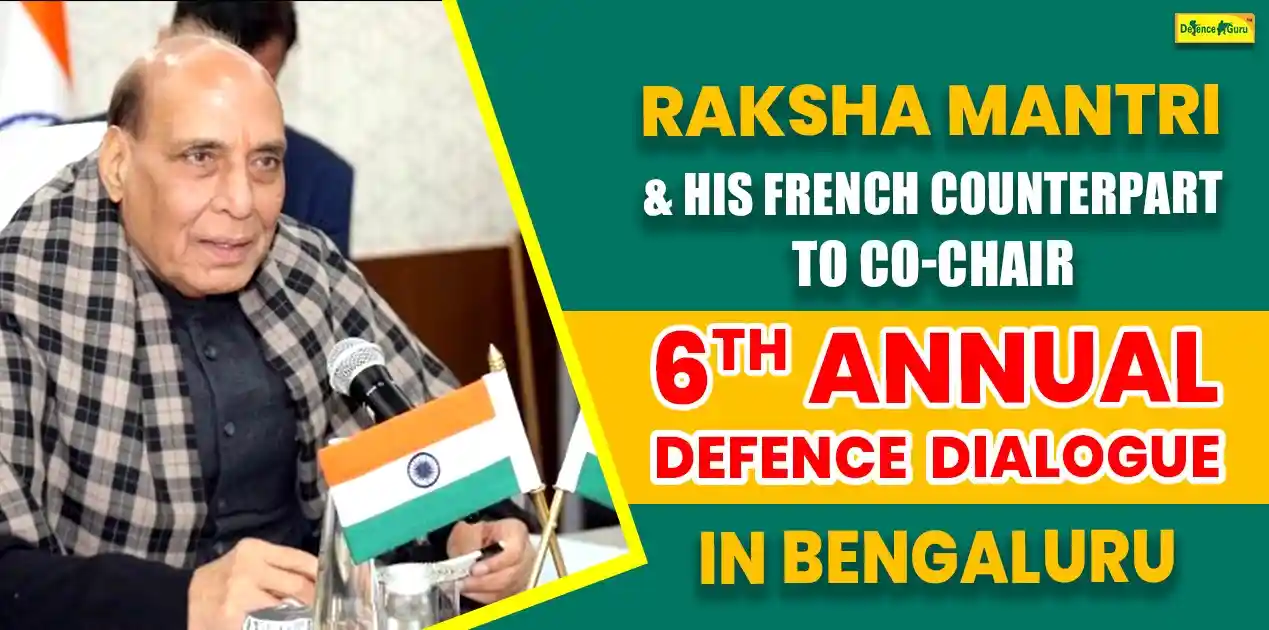Step-by-Step Guide to Ace the AFSB Interview Post- AFCAT
The AFCT is your first milestone on the way to winning the prized blue uniform of the Indian Air Force. Clearing the AFCAT, however just half the battle. The actual battle is the AFSB [Air Force Selection Board] interview, a gruelling 5-day test not merely of your brains and general knowledge but of your personality, officer-like characteristics, and leadership qualities.
Congratulations, if you have cleared the AFCAT written exam! Now, it’s time to gear up and prepare for the AFSB interview. This blog is your complete guide to cracking the AFSB interview confidently and clearly.
AFSB Day-wise Breakdown
Knowing the AFSB interview process, the AFSB interview is conducted over 5 days and held at 4 centres, namely Dehradun, Gandhinagar, Mysore, and Varanasi. The selection process is on the lines of the SSB interview of the army and navy, but with some variations specific to the air force.
Day 1: Screening Test
- Officer Intelligence Rating (OIR) Test (Verbal & Non-Verbal reasoning)
- Picture Perception & Discussion Test (PPDT)
Day 2: Psychology Tests
- TAT (Thematic Apperception Test)
- WAT (Word Association Test)
- SRT (Situation Reaction Test)
- Self-Description (SD)
Day 3 & 4: GTO Tasks & Personal Interview
- Group Discussion (GD)
- Group Planning Exercise (GPE)
- Lecturette
- Progressive Group Task (PGT)
- Half Group Task (HGT)
- Command Task
- Individual Obstacles
- Final Group Task (FGT)
- Personal Interview (PI)
Day 5: Conference
AFCAT vs. AFSB – A Shift in Focus
Whereas AFCAT examines your academic skills, AFSB is all about personality and behaviour. You should realise that clearing AFSB also does not just rely on how much you know but on how you think, communicate, lead, and behave under various situations.
How to Prepare for AFSB Interview – Step-by-Step Guide
1. Begin with Self-Awareness
The AFSB assesses Officer Like Qualities (OLQs) such as leadership, responsibility, communication, team spirit, initiative, etc. To showcase these, you need to know yourself well.
- Reflect on your strengths, weaknesses, ambitions, and values.
- Prepare answers for questions like:
- Why do you want to join the Air Force?
- What are your hobbies?
- Tell me about your daily routine.
- What are your achievements and failures?
Tip: Write a Self-Description (SD) and ask your friends/family to describe you. Compare and refine.
2. Sharpen Your OIR & PPDT Skills
On Day 1, the screening round decides whether you stay for further testing or go home.
For OIR (Officer Intelligence Rating):
- Practice verbal and non-verbal reasoning questions.
- Topics: coding-decoding, series, analogies, odd one out, spatial reasoning.
For PPDT (Picture Perception & Discussion Test):
- Practice writing a story on blurred or ambiguous images.
- Focus on structure: Observation → Characters → Action → Ending
- Practice speaking confidently during narration.
- Be polite but assertive during group discussion.
Tip: Practice PPDT with time constraints – 30 seconds to observe, 1 minute to write, 1 minute to narrate.
3. Master the Psychology Tests
These tests are designed to penetrate your subconscious and assess consistency between your thoughts, words, and actions.
TAT (Thematic Apperception Test):
- 12 pictures are shown one by one. You have 4 minutes to write a story for each.
- Focus on a positive character, problem, resolution, and outcome.
WAT (Word Association Test):
- 60 words, one every 15 seconds. You must write the first thought that comes to your mind.
- Avoid negative, aggressive, or passive sentences.
SRT (Situation Reaction Test):
- 60 situations in 30 minutes.
- Use realistic, responsible, and officer-like reactions.
SD (Self-Description):
- Practice writing about yourself from your own view, parents', teachers', and friends' perspectives.
- Highlight traits like cooperation, honesty, leadership, and responsibility.
Tip: Keep practicing all psychology tests in strict time limits for fluency and clarity.
4. Personal Interview Preparation
The personal interview is usually conducted on Day 3 or 4 and is taken by the Interviewing Officer (IO).
Common questions:
- Educational background, family details
- Hobbies, extracurricular activities
- Knowledge of the Indian Air Force
- Current affairs, defence news
- Situational and HR-based questions
How to Prepare:
- Maintain a detailed record of your academics, achievements, and interests.
- Read about the Indian Air Force ranks, commands, missiles, aircraft, and latest defence deals.
- Keep yourself updated with national and international current affairs.
Tip: Be honest, composed, and structured in your answers. Don’t bluff if you don’t know something.
5. GTO Tasks – Group Tests & Outdoor Tasks
The Group Testing Officer observes your performance in team-based and physical activities. You are judged on team spirit, initiative, planning, physical stamina, and leadership.
Tasks include:
- GD & GPE: Speak logically, listen actively, and help arrive at a solution.
- PGT, HGT, and FGT: Work with your team using structures and obstacles.
- Command Task: Give clear instructions and show confidence.
- Lecturette: Practice short speeches on social, current, and defence topics.
- IO (Individual Obstacles): Improve stamina, time yourself, and keep calm.
Tip: Even if you're not the fittest, keep a positive mindset. Show determination and group coordination.
Tips for AFSB Preparation after AFCAT
- Start Early: Don’t wait for the call letter. Begin preparation as soon as you clear the AFCAT.
- Time Management: Create a daily timetable covering reasoning, psychology, GTO mocks, and interview questions.
- Group Practice: Form a peer group for PPDT discussions, mock interviews, and GDs.
- Mock Tests: Simulate AFSB days at home – dress formally, practice time-bound tests, and record your performance.
- Stay Fit: Jog, exercise, or play a sport to improve stamina and agility for outdoor tasks.
- Be Consistent: Officer Traits can’t be faked. Build habits of punctuality, clarity, and confidence daily.
Common Mistakes to Avoid
- Mugging up stories or interview answers
- Being over-dominating in group tasks
- Bluffing facts about the IAF or yourself
- Showing a lack of awareness or negativity in responses
- Neglecting physical preparation for obstacles
Documents Required for AFSB Interview
Prepare the following before reporting:
- AFCAT Admit Card and Scorecard
- AFSB Call Letter
- Original and photocopies of 10th, 12th, and graduation mark sheets and certificates
- Valid photo ID proof
- Passport-size photographs (as specified)
- Risk certificate (for candidates below 18)
Tip: Carry multiple copies in a well-organized folder. Dress formally for reporting.
Final Thoughts: Own Your Journey
The AFSB interview is not just a test—it’s an opportunity to reflect who you are and how you think. You don’t need to be the most intelligent or fittest candidate in the room—you need to be genuine, aware, and adaptable. That’s what makes a future officer.
If you’ve cleared AFCAT, you already have what it takes. Now prepare with purpose, stay grounded, and carry yourself with confidence.
Read more:
Top 5 AFCAT Online Coaching Programs That Turn Average Students into Air Warriors

